Here is the most recent discussion of Stanley Hauerwas’ new collection, Jesus Changes Everything.
And here is an excerpt from Stanley’s commentary on the Gospel of Matthew:
The procedure outlined by Jesus in Matt. 18 is how and what it means for his disciples to be at peace with one another. Jesus assumes that those who follow him will wrong one another and, subsequently, they will be caught in what may seem irresolvable conflict. The question is not whether such conflict can be eliminated, but how his followers are to deal with conflict. He assumes that conflict is not to be ignored or denied, but rather conflict, which may involve sins, is to be forced into the open. Christian discipleship requires confrontation because the peace that Jesus has established is not simply the absence of violence. The peace of Christ is nonviolent precisely because it is based on truth and truth-telling. Just as love without truth cannot help but be accursed, so peace between the brothers and sisters of Jesus must be without illusion. Yet we must confess that truth is about the last thing most of us want to know about ourselves. We may say that the truth saves, but in fact we know that any truth, particularly the truth that is Jesus, is as disturbing as it is fulfilling. That is why Jesus insists that those who would follow him cannot let sins go unchallenged. If we fail to challenge one another in our sins, we in fact abandon one another to our sin. We show how little we love our brother and sister by our refusal to engage in the hard work of reconciliation. Peter, the stumbling block, understands the implications of what Jesus requires. He asks, “If another member of the church sins against me, how often should I forgive? As many as seven times?”
We cannot help but be sympathetic with Peter’s question, because it simply seems contrary to good sense to offer unlimited forgiveness. What kind of community would be sustained on the presumption that forgiveness is always to be offered? Peter’s question presupposes that he is the one who has been sinned against. He assumes that he is in the position of power against the one who has wronged him. But Jesus’s reply reminds Peter that he is to learn to be the forgiven. Jesus tells him not seven times, but “seventy-seven times.” There is no limit to the forgiveness offered by the Father through the Son. If there were a limit to the Father’s forgiveness, then Peter would no longer be a disciple.
The demand that Christians learn to forgive one another presupposes that we are a people who have first been forgiven. “Seventy-seven times” echoes Lev. 25:8 and the establishment of the jubilee year. The forgiveness to be exercised in the church is possible because the jubilee has come in Jesus. Accordingly, the forgiveness that marks the church is a politics that offers an alternative to the politics based on envy, hatred, and revenge. This is the politics that Jesus taught when teaching us to pray by asking that our debts be forgiven as we forgive our debtors. The new age has begun unleashing into the world a new people, a new politics called church determined by the forgiveness wrought in this man Jesus.
The political character of Jesus’s response to Peter is made clear by Jesus’s parable of the servant who, having been forgiven his debt by his king, refuses to forgive a fellow servant his debt. The king of the unforgiving servant, on being informed about his servant’s behavior, has him tortured until he would pay his debt. And so, we are told, our “heavenly Father will also do to every one of you, if you do not forgive your brother or sister from your heart.” We must remember, if we are to be peacemakers capable of confronting one another with our sins, that we have first been forgiven and we are, therefore, members of a community of the forgiven. As the parable makes clear, the forgiveness that makes peace possible is not without judgment. The question is not whether we are to hold one another accountable, but what is the basis for doing so and how is that to be done.
To be sinned against or to know that we have sinned requires that we have the habits of speech that make it possible to know what it is to be a sinner. On only this basis do we have the capacity to avoid arbitrariness of judgment that results from the assumption we must be our own creator. That is why it is so important that the church continually attend to the language necessary to name sin as sin. Lying, adultery, stealing are not just wrong or just mistakes. They are sin.
Throughout his ministry Jesus teaches us what it means to be a disciple. Our task is to learn how to be for one another exemplifications of what he has taught. This includes our ability to speak the truth in love, which is made possible only by our having no sin to hide. Jesus is now on his way to Jerusalem. Along the way he will continue to instruct the disciples on matters dealing with divorce, possessions, and hierarchy. We should not be surprised that he does so, because he has called into existence a community capable of living truthful and, thus, reconciled lives.3






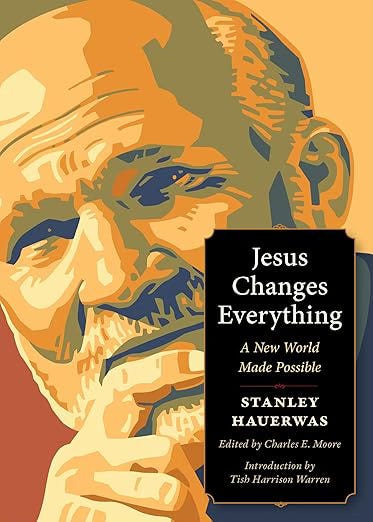
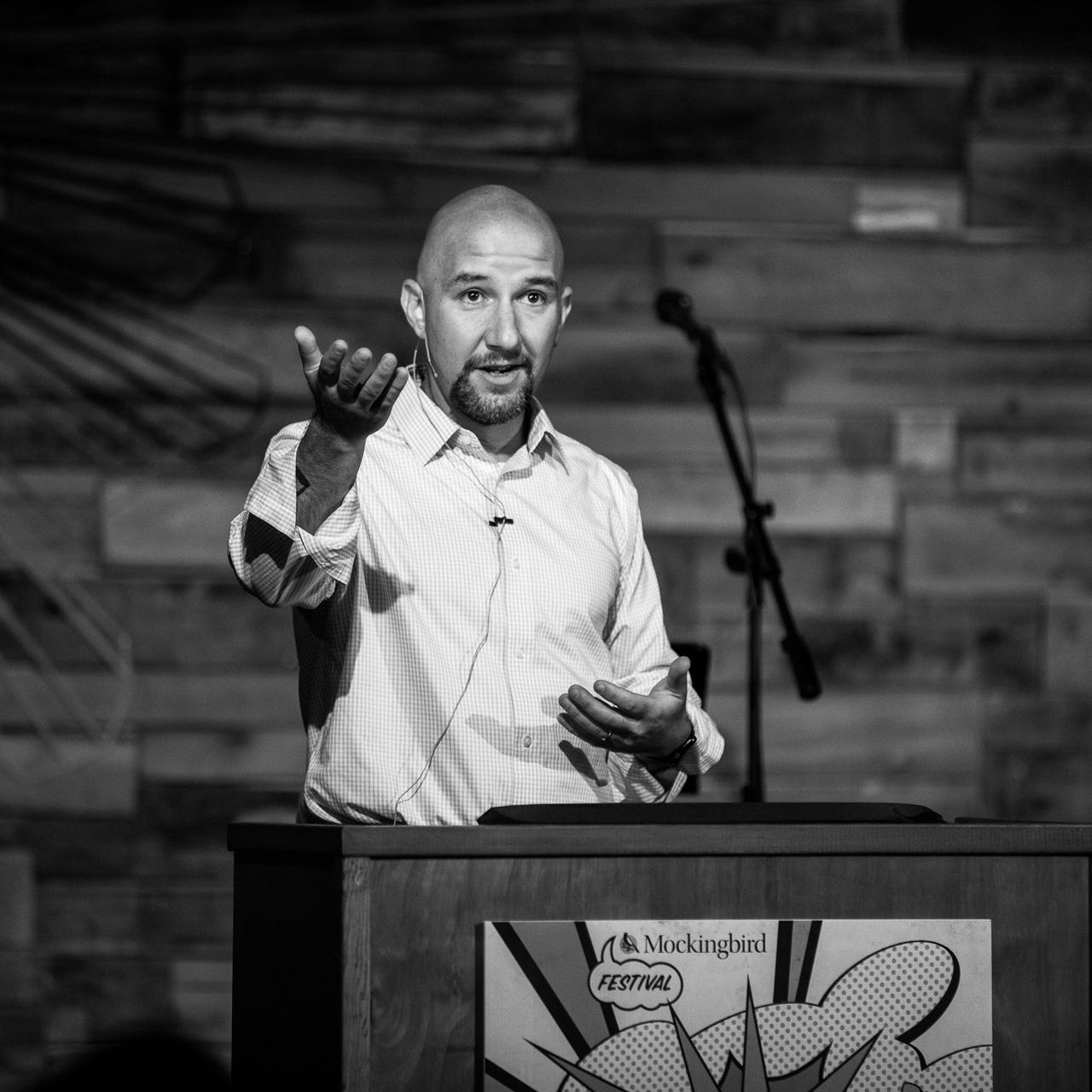



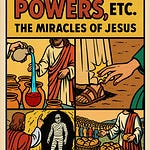
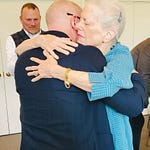

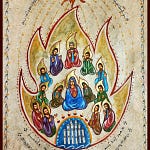
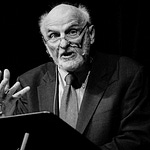
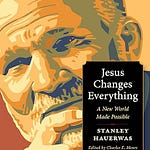

Share this post